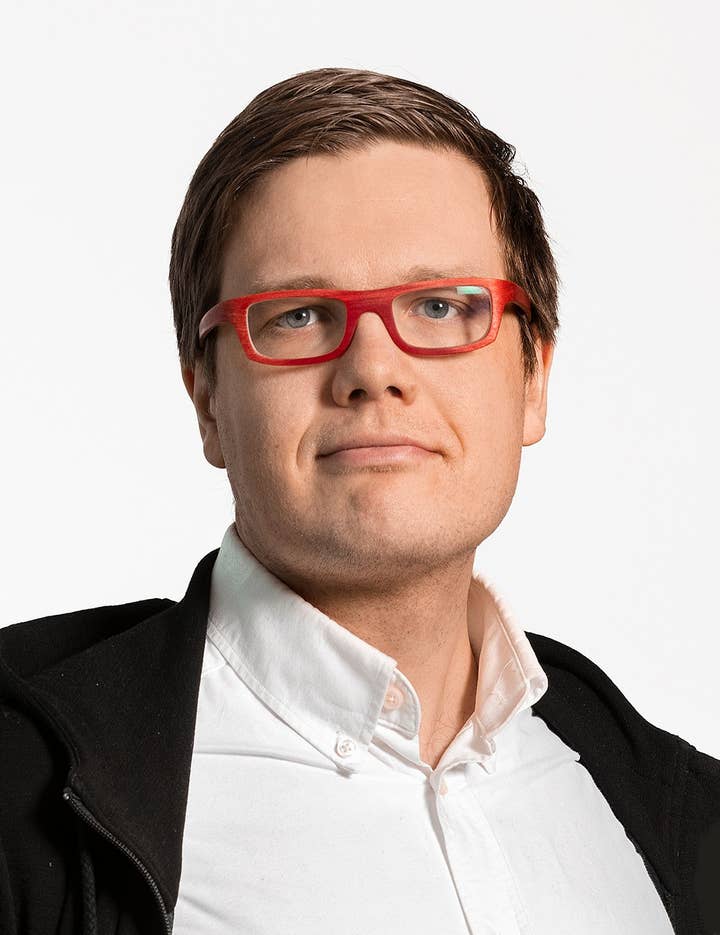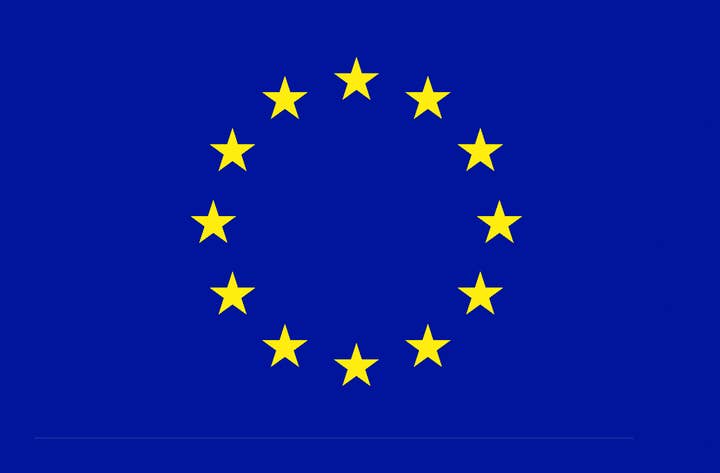EGDF survey shows fear of closure among European studios
Around 17% anticipate closure within three months due to the impact of COVID-19, says the EGDF's Jari-Pekka Kaleva
The COVID-19 outbreak has had a significant impact on everyone in Europe. Almost everyone knows someone who has been struggling to overcome the virus, and we at the European Game Developers Federation (EGDF) express our sincere condolences to anyone who has lost colleagues or loved ones during the outbreak.
At the end of March 2020, EGDF conducted a pan-European survey in order to have a rough idea of the business impact of the COVID-19 outbreak on the European games industry. We received replies from 239 studios, about 5% of almost 5000 game developer studios in Europe.
Startups and micro-companies are the first to fall
About 17% of the studios said that they may be forced to close within the next three months. Based on the survey data, a vast majority of that group will be micro-companies employing less than ten people, many of them being startups.
The biggest impact seems to be on small studios currently trying to raise funding for making their games
Not surprisingly, the outbreak seems to be having the biggest impact on small studios that are currently trying to raise funding for making their games. In an optimal case, a typical early-stage startup has a runway from six months to one year. Now, games industry trade missions and events are cancelled, and these companies are running out of time and money to close their investment, publishing, subcontracting or other partnership negotiations. Furthermore, due to global economic uncertainty, many investors have frozen all their investment activities.
The silver lining for industry professionals and micro-companies trying to find subcontracting deals is the fact that about 20% of bigger studios are still struggling with a talent shortage, and are actively looking for ways to outsource part of the game development process.
Recruitment and production delays will hit medium and large studios
Around 13% of studios replied that their business is doing better than usual during the COVID-19 outbreak
Although it is clear that bigger studios are usually more stable in the short run, about 28% of companies employing between 50 and 249 people still reported that they might have problems surviving the next six months. These companies are struggling with the uncertainty and delays that the outbreak is causing in games production due to remote working.
If restrictions on travelling and uncertainty continue over the summer, it will have an effect on recruiting professional workers from overseas. Even the biggest of companies are more or less dependent on the availability of specialist workforce, and delays in recruitment may cause them difficulties in the long run.
Self-publishing, free-to-download developers will be most resistant
Around 13% of studios replied that their business is doing better than usual during the COVID-19 outbreak. Almost 27% of mobile game developers and 18% of PC game developers said that their business is doing better than usual. However, only 6% of studios that develop games for both PC and console platforms, and none of the console-only developers, saw their situation improving due to the outbreak.

A number of reports have indicated that the outbreak has led to a significant increase in the number of games downloaded. Based on the EGDF survey results it looks like, especially on the mobile side, those downloads have also led to increased revenues.
In the console and PC markets, where game developers rely on publishing deals, the outbreak has caused significant challenges for game developers. About 53% of studios developing games for both console and PC reported that their business is doing worse than usual -- the negative impact of the outbreak was lower for PC-only developers (41%), and significantly lower for mobile-only game developers (27%).
It can be argued that mobile game developers, often working with free-to-download business models, will be better at monetising the sudden increase in downloads than PC game developers that operate using a pay-per-download business model. Furthermore, PC and console game developers often rely on publishers instead of self-publishing, and under the current conditions it is much more difficult to close a publishing deal as all key industry events are cancelled.
Low burn rate and public support will help companies survive
One of the biggest surprises of the EGDF survey was that game developers from Southern and Western Europe are much more pessimistic about their future than developers from other parts of Europe. Naturally, this is partly explained by the fact that those regions in Europe have been hit particularly badly by the outbreak. Furthermore, due to lack of public support, the local game developer studios in Spain and Portugal, for example, were already struggling to survive before the outbreak.
All public emergency loans should be soft-loans that can be transformed into a grant in case a company goes bankrupt
The most stable game studios are in Nordic countries with stable public support instruments -- like Denmark, where 60% of the studios estimate that they have a runway of more than 12 months, or Finland (54%) -- or in Eastern European countries like Bulgaria (57%) and Romania (56%), where burn rates for running a business are much lower than in other parts of Europe, and where big global studios provide long term subcontracting deals.
Only about 11.4% of developers from Eastern Europe and 12.5% of developers from Nordic Countries reported that they might be forced to close during the next three months, compared to 19% in Western Europe and 24% in Southern Europe.
Furthermore, it is interesting to note that Germany launched its €50 million public grant-based support instrument for games in 2019, and it is the only country where the share of game developers who estimate that their company has a runway of seven to 12 months was particularly high. This indicates that, because of public support, German studios are doing much better in the short run. However, if these companies are not able to start closing investment rounds and publishing deals during Autumn 2020, they are going to face significant challenges.
Five steps for helping local game studios to survive through public support
Almost all European countries have introduced emergency measures for companies struggling to survive through the virus outbreak. The EGDF has identified the following five steps as the best practices for the EU member states to support the games industry through the crisis, and explore their full potential for digital growth while rebuilding their economies after the crisis:
- Greater bureaucratic flexibility:
Companies and associations should not be forced to return public funding targeted for participating in events cancelled or postponed due to COVID-19. Some EU member states are killing their game developer studios just through bureaucratic inflexibility.
- Continue public support for the games industry and increase De Minimis threshold:
EGDF welcomes all emergency SME (small and medium-sized enterprise) support instruments being introduced around Europe. However, most of the COVID-19 emergency aid for SMEs is going to be De Minimis aid. In order to ensure that all companies who need help have access to public aid, the European Commission should immediately increase the De Minimis aid threshold from €200,000 over three years to €400,000.
- Introduce safety nets for bankruptcies:
One of the easiest ways to kickstart the economy is to enable experienced entrepreneurs to start their second-round -- and more likely successful -- startups immediately after their first bankruptcy. Therefore, all public emergency loans should be soft-loans that can be transformed into a grant in case a company goes bankrupt, or at least introduce personal bankruptcies in national regulation. Furthermore, now is time to transform startup incubators to "uncubators" -- helping failed entrepreneurs to manage discontinuation of business with minimal personal damage, acting as a safety net enabling a controlled bankruptcy.
- Invest in trade missions during the second half of 2020 and the first half of 2021:
This would help at least those studios that have survived through the worst to find much needed private investment or partnerships before their runway ends.
- Kickstart the games industry startup boom through public seed funding:
After the COVID-19 outbreak ends, there will be far more startups looking for funding than there is private investment. Therefore, it is highly important that the EU and its member states introduce new seed funding instruments that enable national and regional innovation agencies to launch public emergency venture capital funds together with the European Investment Fund\European Investment Bank.
You can read more about the survey, including an infographic based on its key findings, on the EGDF website -- just follow the link.
Jari-Pekka Kaleva is a games policy expert and the COO of European Games Developer Federation (EGDF) and the senior policy analyst in Neogames Finland. He has been following European politics on behalf of European game developers for more than ten years.

